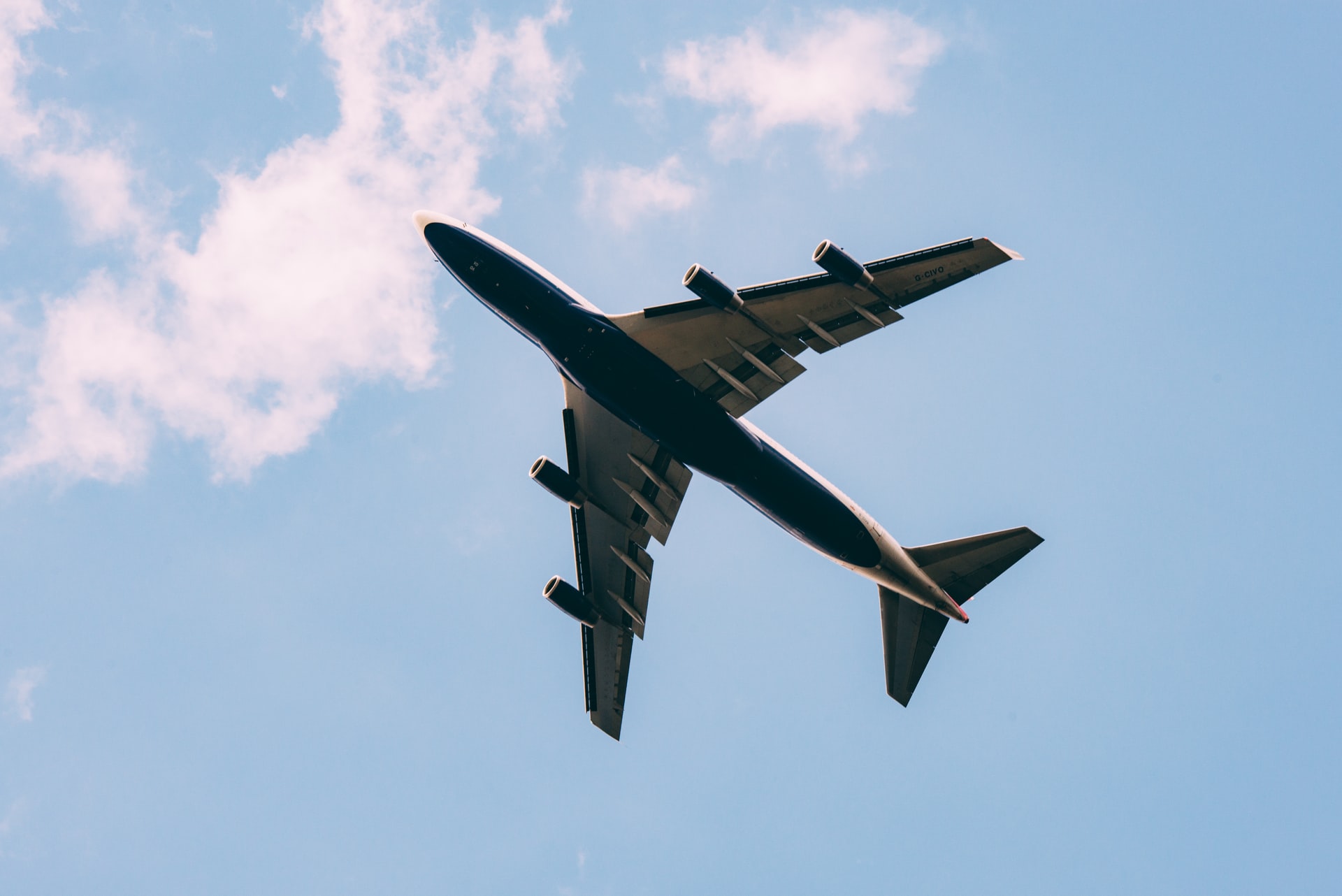
Muscat: Measures taken by Oman Aviation Group to ensure the company is able to run during and after the ongoing COVID-19 pandemic have seen its capital expenditures reduce by 87 percent.
The measures on expenditure reduction were taken by the company to reduce the financial impact of COVID-19, with the aviation sector being among the hardest hit globally. These steps also led to a 42 percent reduction in operational costs.
“With the arrival of COVID-19, Oman Aviation Group was required to fast track its projects on several levels to safeguard national aviation assets and the adjacent sectors which depend on aviation,” said a statement from the company.
“The formation of a Crisis Management Board at the onset of COVID-19 in Oman was key to getting ahead of the crisis and mitigating further financial harm to its ecosystem of aviation businesses impacted by a significant drop in demand for passenger travel,” they added.
Aviation is a crucial sector for Oman and one that contributed an estimated 1.69 billion OMR to the country’s GDP in 2019. It remains an important economic catalyst that works as an enabling force, creating economic benefits that positively impact the country’s wider economy.
“In line with recommendations set forth by the Supreme Committee entrusted with handling developments resulting from the COVID-19 pandemic, Oman Aviation Group successfully addressed restrictions in air travel and reductions in air passenger demand by expediting its operational efficiencies to save costs and ensure the sector’s sustainability while at the same time implementing strategies that will ensure a strong recovery once borders reopen and demand for travel picks up,” the group added.
“These efficiencies have been carried over to a long-term plan that will see a more sustainable, fit-for-purpose aviation sector aligned with the new economic reality of a post-COVID world,” they went on to say.